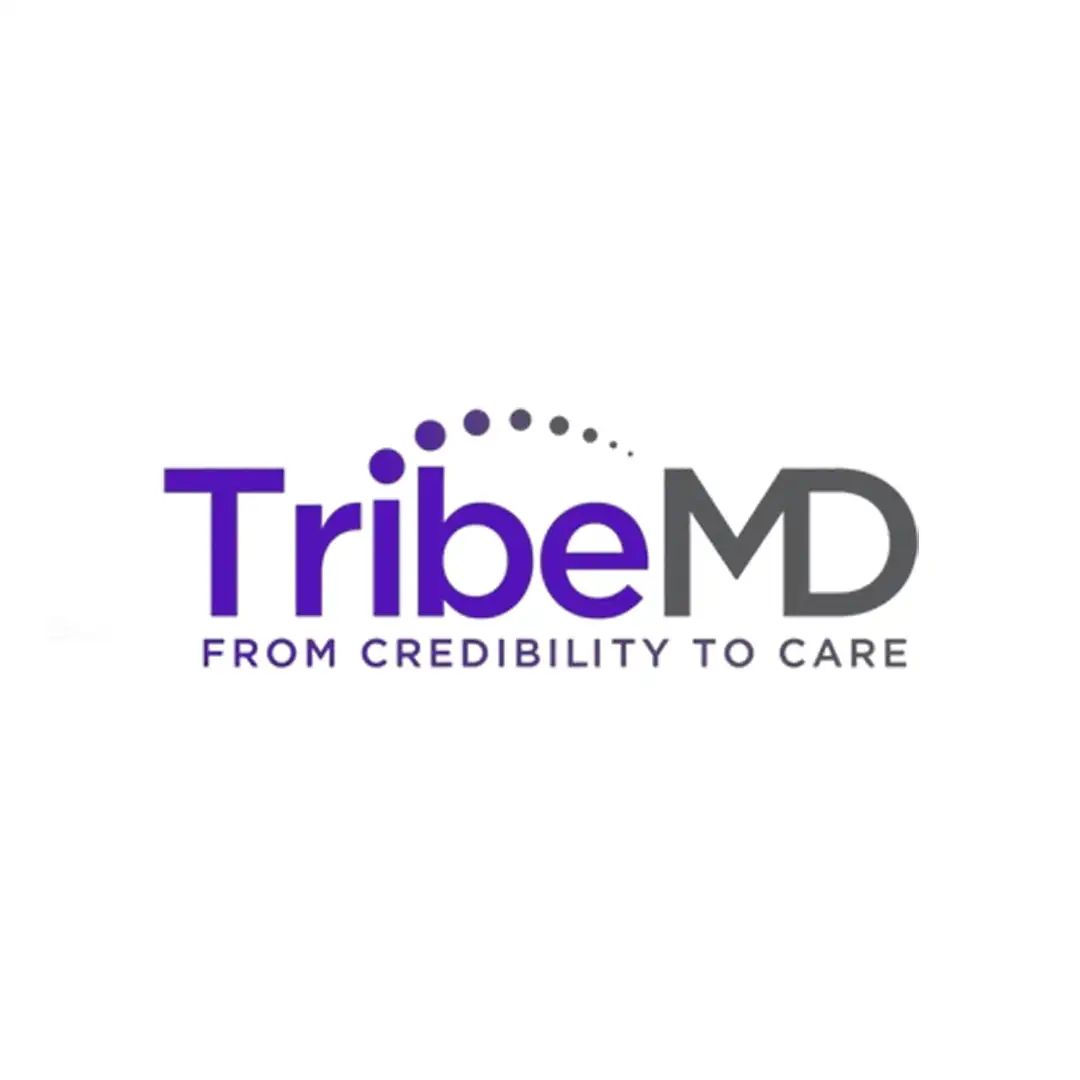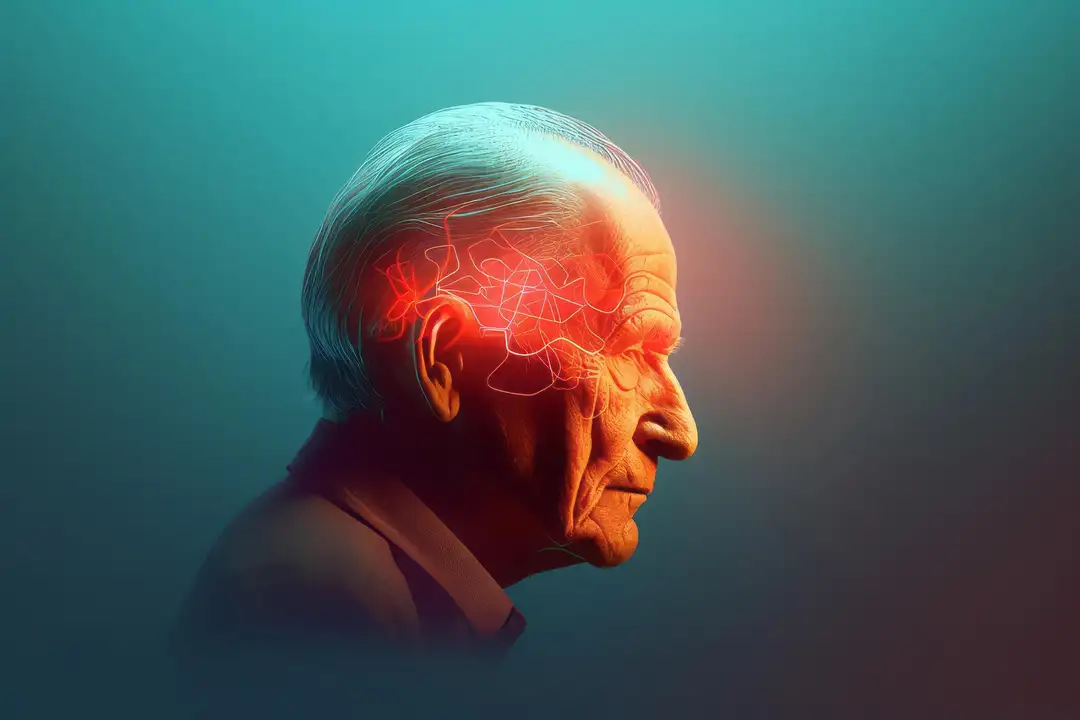Obecabtagene Autoleucel in Adults With B-cell Acute Lymphoblastic Leukemia – FELIX Study Results
Phase 1b-2 study published in the New England Journal of Medicine (NEJM) brings a promising new CAR-T therapeutic option to adult patients with B-acute lymphoblastic leukemia.

B-cell acute lymphoblastic leukemia (ALL) in adults is an aggressive hematologic malignancy that, despite available treatment options, still presents significant challenges in remission rate and long-term outcome. Traditional treatment, which includes intensive chemotherapy, can result in significant toxicity and relapses, leading to the pursuit of innovative approaches. In this scenario, genetically modified T cell therapy (CAR-T) has emerged as a promising strategy, offering the possibility of a more effective treatment for patients who do not respond to conventional therapies. Obecabtagene autoleucel (obe-cel) is a CAR-T therapy directed against the autologous anti-CD19 chimeric antigen 41BB-ζ that uses an intermediate-affinity CAR to reduce toxic effects and improve their persistence. A multicenter phase 1b-2 study of obe-cel was then conducted in adults (≥18 years of age) with relapsed or refractory B-ALL (R/R). The main cohort, cohort 2A, included patients with morphological disease; patients in cohort 2B had only measurable residual disease. The primary endpoint was overall remission (complete remission or complete remission with incomplete hematologic recovery) in cohort 2A. Secondary endpoints included event-free survival, overall survival, and safety. Of the 153 patients selected, 127 (83.0%) received at least one infusion of Obe-cel and were evaluable In cohort 2A (94 patients; median follow-up 20.3 months), overall remission occurred in 77% (95% confidence interval [CI], 67 to 85), complete remission in 55% (95% CI, 45 to 66) and complete remission with incomplete hematologic recovery in 21% (95% CI, 14 to 31). The pre-specified null hypotheses of global remission (≤40%) and complete remission (≤20%) were rejected (P<0.001). In the 127 patients who received at least one infusion of Obe-cel (median follow-up 21.5 months), median event-free survival was 11.9 months (95% CI, 8.0 to 22.1); The estimated event-free survival rates at 6 and 12 months were 65.4% and 49.5%, respectively. Median overall survival was 15.6 months (95% CI, 12.9 to non-evaluable The estimated overall survival rates at 6 and 12 months were 80.3% and 61.1%, respectively. Grade 3 or higher cytokine release syndrome developed in 2.4% of patients, and grade 3 or higher immune effector cell-associated neurotoxicity syndrome (ICANS) occurred in 7.1% of patients. The results demonstrated that therapy with Obecabtagene Autoleucel led to high response rates, with approximately 70% of patients experiencing remission. Assessment of response showed that many participants had a complete response, with the median duration of response not achieved at baseline follow-up indicating a lasting potential for remission. However, adverse effects such as cytokine release syndrome and neurotoxicity were still observed in a significant proportion of patients, highlighting the need for careful monitoring. The authors conclude that Obecabtagene Autoleucel represents an important advance in B-cell ALL therapy, providing an effective option for adults with refractory diseases. Although the results are promising, it is essential that the long-term safety and efficacy of this therapy be evaluated in future studies, also considering the quality of life of patients and the management of adverse events. Continued research in this area is crucial to optimize outcomes and mitigate risks associated with treatment.
Sources
- 1) Roddie C, Sandhu KS, Tholouli E, et al. Obecabtagene Autoleucel in Adults with B-Cell Acute Lymphoblastic Leukemia. N Engl J Med. 2024; 391(23):2219-2230. doi:10.1056/NEJMoa2406526




